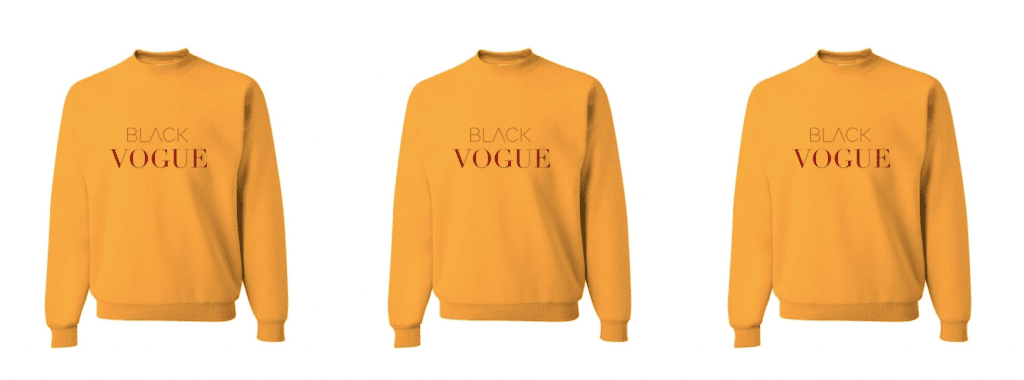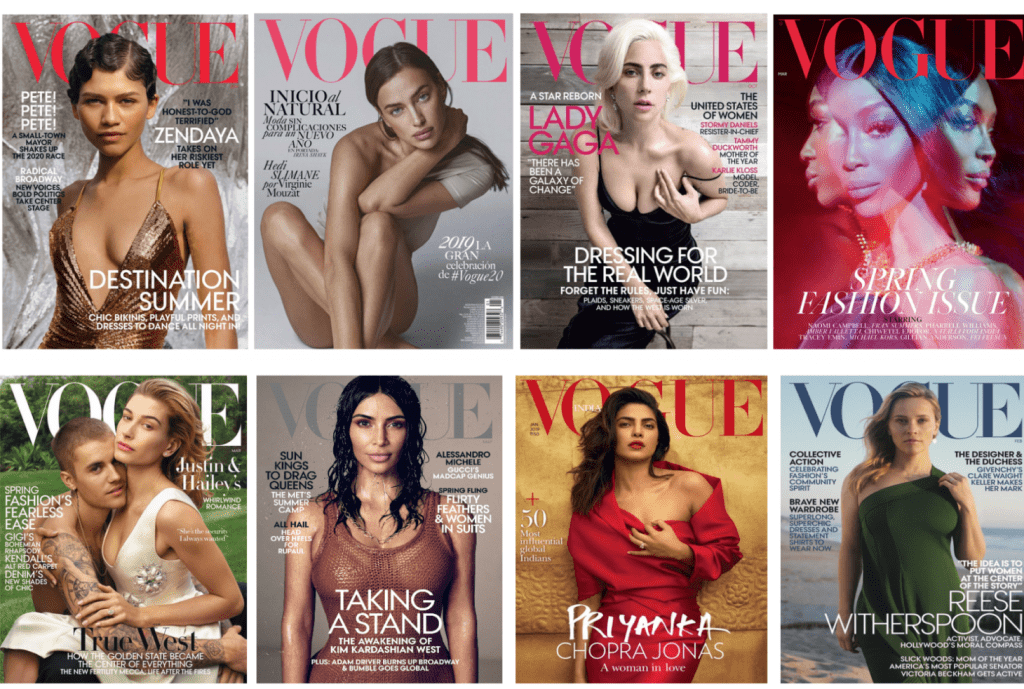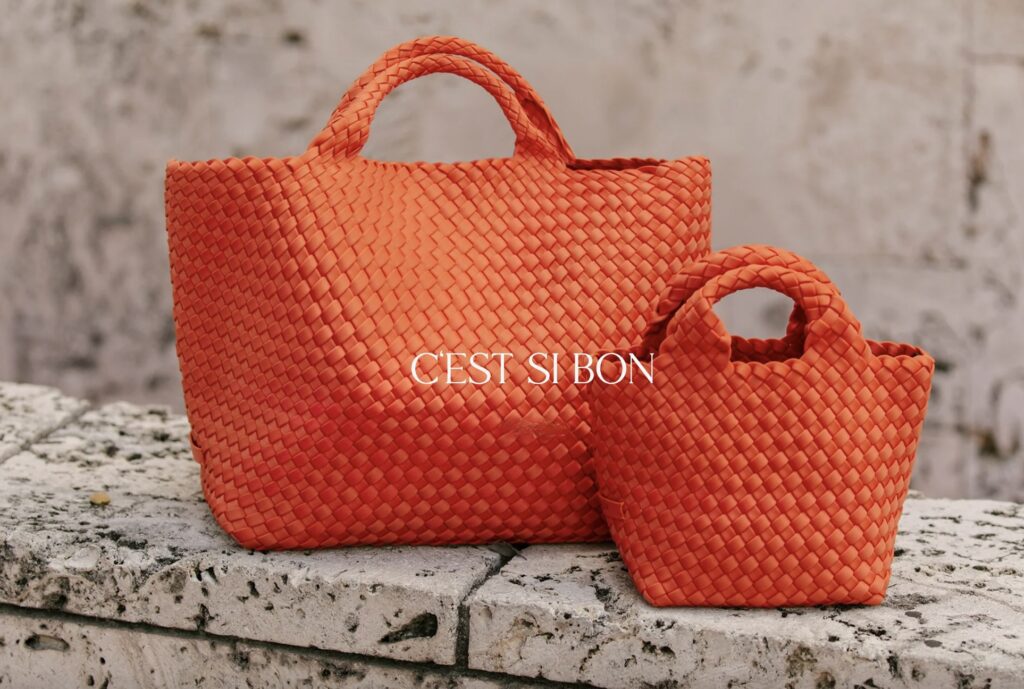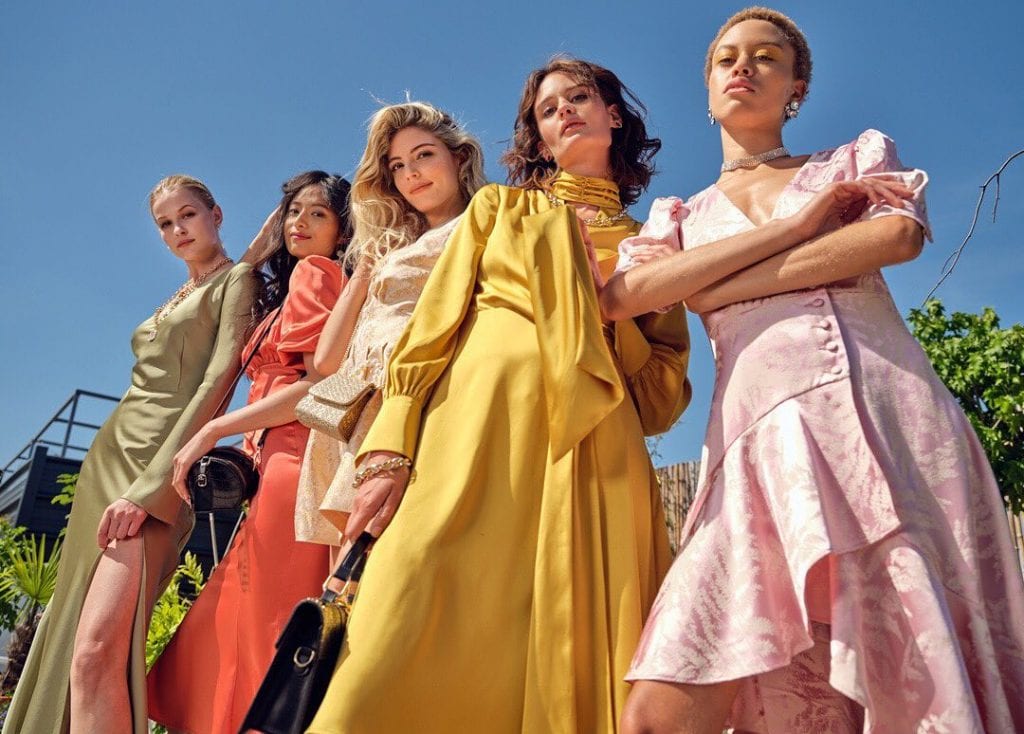Advance Publications, the owner of Vogue and its parent company Condé Nast, has agreed to drop the lawsuit that it filed in a New York federal court in September 2018 against designer and activist Nareasha Willis in connection with her use of the trademark “Black Vogue.” In filing suit, the New York-based publishing giant accused Willis and her company Avenue N, LLC of running afoul of federal trademark law, and specifically, its rights in the name of the 127-year old marquee magazine, by using the “Black Vogue” mark “in commerce for the purposes of selling apparel items.”
Now, two years after it filed suit, Advance has agreed to voluntarily dismiss its case, albeit with a few conditions. On the heels of the parties reaching a potential settlement late last month, as indicated by a filing on May 26 (one day after the death of George Floyd), Judge Alvin Hellerstein signed off on a Consent Judgment and Order on June 3, which permanently bars Willis and Avenue N, LLC from using “Black Vogue” or “any other confusingly similar mark” from now. The Judgment and Order, which is the product of an agreement between the parties, states that neither Willis nor any individuals or companies acting on her behalf may use any “reproduction or colorable imitation of the ‘Vogue’ mark, including any such use of the word ‘Vogue’ alone or in connection with any other wording, as a hashtag, metatag, advertising keyword, username or domain name on or in connection with any Internet website or social media.”
Moreover, the Judgment and Order prohibits Willis and Avenue N from “registering or applying to register the ‘Black Vogue’ mark or any other confusingly similar mark, reproduction or colorable imitation of the ‘Vogue’ mark,” and requires them to “withdraw, abandon and cancel any and all trademark registrations … any marks that include the word Vogue, including all pending trademark applications for the Black Vogue mark.”
In exchange for the defendants immediately and permanently discontinuing their use of the “Black Vogue” mark and any similar marks, Advance has agreed to drop the trademark infringement and dilution, unfair competition claims that it filed against them, and “waive any and all damages, profits and any other monetary recovery to which it may otherwise have been entitled in this action.” However, the Judgment and Order notes that Advance “may reopen this action or commence a new action to seek all such damages, profits and/or any other monetary recovery available in this action” if it can show that Willis or her company has violated the Consent Judgment and Order at any later date.

Advance first filed suit back in 2018, shortly after Willis filed a trademark application to register the “Black Vogue” name with the U.S. Patent and Trademark for use on an array of garments and accessories, with the publisher alleging that Willis’ use of the Black Vogue mark on garments, such as sweatshirts and t-shirts,” was likely to cause confusion among consumers, and to damage to its well-known and “highly acclaimed” Vogue trademarks. It further claimed that Willis’ use of the mark amounted to “willful disregard [for] its longstanding trademark rights in the Vogue trademark” and her “willful attempt to trade upon the goodwill that [it] has developed in its [Vogue] marks over the last 125 years.”
In her formal response to Advance’s complaint, Willis denied the majority of its allegations, arguing that her mark “does not mirror [Advance’s] Vogue trademark,” and that Advance “has suffered no damage as a result of [her] conduct.” Willis’ counsel further asserted in the answer that despite Advance’s claims, “Willis and [her company] did not need authorization from [Advance] to use the Black Vogue mark,” but received it, nonetheless – although indirectly – when its publication Teen Vogue posted “articles about the defendants’ use of Black Vogue and positively promoted [their] use of Black Vogue.”
Interestingly enough, Advance-owned Teen Vogue ran a glowing story on Willis in May 2018, just months before Advance filed suit, stating that “at just 25-years-old, Nareasha launched her fashion brand Black Vogue to present an alternative, more inclusive, fashion image.” The article continued on to assert that at the time of the brand’s launch, “Nareasha felt that mainstream platforms were not doing enough to properly highlight the positive contributions of black people in fashion,” an industry that continues to be shrouded in racism – from the runway to the helm of big-name brands.
At the time that Advance filed suit, Willis said in a statement, “I started the Black Vogue movement with one goal in mind: to start a conversation that was long overdue and to shake the fashion industry so that my people, people from the African diaspora, are acknowledged, celebrated and given their deserved respect and recognition. The fashion industry has lacked diversity for years yet it still continues to appropriate black culture via style, dress, hair etc. … I created ‘black vogue’ to address this problem and provide an outlet for black people to celebrate themselves.”
*The case is Advance Magazine Publishers, Inc. v. Nareasha D. Willis, 1:18-cv-8912 (SDNY).











